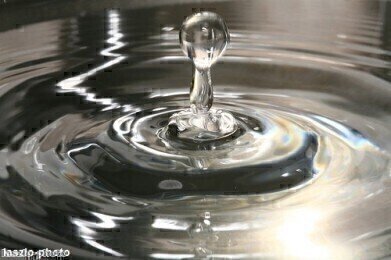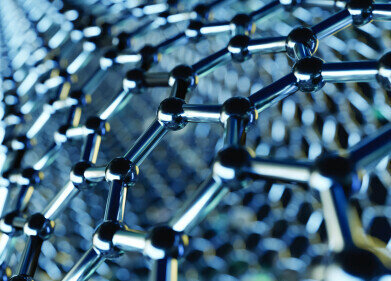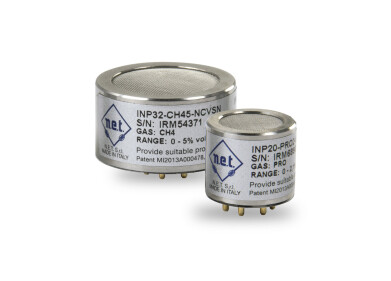-
 Removing hydrogen from water could help to reduce emissions
Removing hydrogen from water could help to reduce emissions
Safety
New hydrogen production process will reduce emissions
May 02 2013
New scientific developments mean that hydrogen could soon be used as a form of global energy. Scientists have developed a new way to create hydrogen by using principles close to the natural process of photosynthesis. This breakthrough could mean that hydrogen will become the go-to fuel in a bid to reduce emissions and lower fuel costs.
Hydrogen can be burned so as not to emit greenhouse gases, meaning it is much cleaner than fossil fuels. It is also one of the most readily available elements on the planet and so could become the ultimate in renewable, clean fuel.
Hydrogen is formed when water is split into its constituent elements - hydrogen and water. Scientists have - for years - been attempting to extract both these elements at different times. The ability to do this would ultimately make the process energy-efficient as well as reducing explosion risks.
The University of Glasgow has managed to harness the sun's energy in a way that splits the water into hydrogen and oxygen. This process takes place at separate physical locations, meaning it is much safer. The scientists modelled this new process on the way in which plants use the sun's energy.
Professor Xile Hu, director of the Laboratory of Inorganic Synthesis and Catalysis at the Swiss Federal Institute of Technology in Lausanne, said: "This work provides an important demonstration of the principle of separating hydrogen and oxygen production in electrolysis and is very original. Of course, further developments are needed to improve the capacity of the system, energy efficiency, lifetime and so on. But this research already offers potential promise and can help in making the storage of green energy cheaper."
The traditional way of separating oxygen and hydrogen atoms is by the use of electrolysis. electricity is run through water, which uses a lot of energy as well as creates a risk of explosions due to both elements being extracted at the same time. The University of Glasgow use an "electron-coupled proton buffer" - so named by researchers - which collects the hydrogen molecules as the electricity is running through the water. This means that initially only oxygen is being released and the hydrogen is then able to be stored until it is needed.
The new process may take longer than traditional methods but uses less electricity for a safer result. The electricity could therefore be provided by a renewable source, reducing emissions and making hydrogen a cleaner fuel from the start.
Digital Edition
PIN 25.6 Buyers' Guide
January 2025
Buyers' Guide Directory - Product Listings by Category - Suppliers Listings (A-Z) Articles Analytical Instrumentation - ASTM D7042: The Quantum Leap in Viscosity Testing Technology -...
View all digital editions
Events
Jan 25 2025 San Diego, CA, USA
SPE Hydraulic Fracturing Technology Conference and Exhibition
Feb 04 2025 The Woodlands, TX, USA
Feb 05 2025 Guangzhou, China
Trinidad and Tobago Energy Conference 2025
Feb 10 2025 Point Lisas, Trinidad
Feb 11 2025 Lagos, Nigeria


















